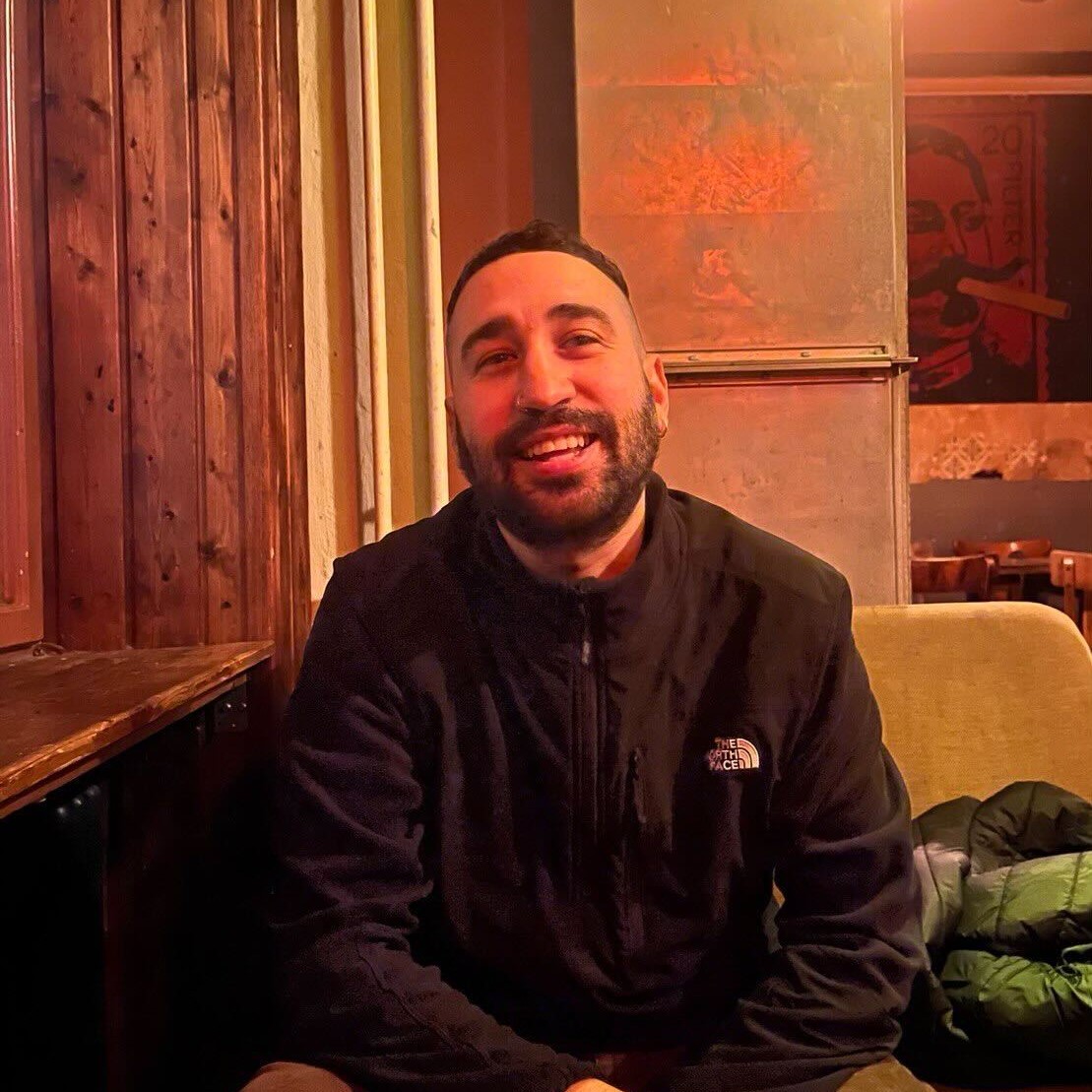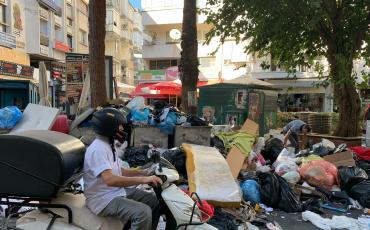Despite high hopes and excitement among the social opposition prior to the elections, Recep Tayyip Erdoğan successfully fortified his power. The opposition has not only failed, but needs to radically rethink its political practices.
After Recep Tayyip Erdoğan’s relatively narrow but final victory of the presidential elections, shock and desperation hold the opposition of Turkey in their grip. Prior to the elections, the social opposition had commenced the campaign on a positive note, leveraging the rhetoric of a failing economy and the moral advantage of rallying diverse anti-Erdoğan political factions to support a single candidate in substantial numbers. So where did the opposition go wrong? How did Erdoğan manage to emerge stronger amidst the severe economic downturn, the societal shock of the earthquake, and the multifaceted problems Turkey has endured over the past five years?
As per various political analysts from Turkey, Erdoğan’s victory defied several established theories of political economy and other branches of social science. Primarily, the notion that economic crises have historically overthrown governments in Turkey and radically alter voter behavior – and would therefore do so again – did not hold true. Erdoğan’s campaign discourse centered around the “security concerns” and his strategy of “polarizing society” appeared to have paid off. By focusing on security rhetoric during the elections, the AKP and Erdoğan adeptly shifted voters' attention away from the extensive poverty and welfare decline induced by the economic crisis.
The opposition’s failure to maintain voter attention on the economic collapse, despite their best efforts, contributed significantly to their defeat. Though the opposition’s election campaign focused on the economy, this narrative either failed to reach the poorer sections of society or was not convincing to them. Reflection on this issue is essential for the opposition to refine its future strategies.
Wishful thinking and mismanagement of expectations
Another crucial factor in the opposition’s failure was the inability to “manage expectations”. Prior to the first round of elections, the opposition was almost confident that they would win in the first round or, at the very least, that Kılıçdaroğlu would lead ahead of Erdoğan. This – possibly exaggerated – hope seems to have been more detrimental than beneficial, as the results of the first round were far from what the opposition anticipated.
Erdoğan's voting count in the first round dealt a surprising and demoralizing blow to the opposition. The opposition's capacity to regroup for a substantial contest in the second round was significantly diminished. Apparently, the opposition's reliance on “wishful thinking” over facts in the election lead up put them at a considerable disadvantage.
The opposition’s duty to prevent electoral fraud
In the past ten years, there has been a constant debate on electoral security for opposition voters in Turkey. This debate runs along two main axes. The first is whether the vote counting process is free from fraud. The second one is the opposition’s duty and responsibility to operate the necessary control and prevention mechanisms against electoral fraud. In Turkey, opposition voters traditionally tend not to go to the polls if they think the elections will be rigged.
Therefore, the opposition is expected to regularly share accurate data with the public during vote counting and not mislead the public with manipulative, factually incorrect statements. What opposition leaders say and how they act on election night until the results are announced are therefore of great importance for the trust relationship it establishes with its voters.
Against this background, the opposition’s communication with its electorate also merits scrutiny. Recently, an opposition approach that consistently dismisses various forms of democratic protest and solely concentrates on elections appears to have failed. It remains uncertain whether the opposition has been fulfilling its role to guard against potential fraud and supervise ballot boxes during this year’s elections. Particularly during vote counting, given the conflicting statements and varying opinions within opposition ranks. The opposition's lack of communication on this matter confuses their supporters.
In this way, the events of the first election night on May 14th 2023 remain a mystery to the opposition voters. Spokespeople for the opposition consistently asserted during the vote-counting process that they were either leading or at least evenly matched in the election. They expressed skepticism regarding the official data, advocating that it shouldn’t be trusted. Unexpectedly, they then vanished while the votes were still being counted. The consequence: a loss of trust among supporters of the opposition.
And more than that: At the end of the first round, the opposition said that there was no rigging, that the official results were correct and that voters should go and vote in the second round. In this case, it is unclear why the opposition was misleading and manipulating its own voters by issuing press releases, stating that the opposition was ahead or neck and neck.
Troubling times for women's rights, LGBTIQ rights, and democratic demands of Kurds
For Erdoğan, his strategy seems to have worked – even though the results were relatively close, and the election competition was not fair to the opposition. His counter to the opposition groups united against him was an alliance with the most conservative and nationalist segments of the political spectrum. The victory of this alliance forecasts troubling times for women’s rights, LGBTIQ rights, and democratic demands of Kurds, all of which are already under threat in Turkey.
Moreover, this election cycle highlights an unsettling trend: xenophobia is gaining ground, particularly against Syrian migrants. Worryingly, this is seen in both the government and the opposition’s camps. The seriousness of this situation is further amplified by the left's silence or at best its lukewarm opposition to this growing anti-immigrant wave.
However: A spark of hope for a truly leftist opposition
Yet, despite this overall gloomy outlook, a spark of hope exists for a true leftist opposition. There is an urgent need for a renewed democratic struggle that extends to all sections of society beyond dominant identities. Meanwhile, an accelerating economic crisis is pushing the country’s poorest to the brink, creating a tinderbox of sorts. These are the material conditions ripe for a new left opposition to emerge, despite the harsh moment of defeat.
Under such conditions, the future holds potential for both identity-based and class-based demands. This could provide fertile ground for a left opposition to rise again, like a phoenix from the ashes. However, this transformation will require the opposition to cast aside old-fashioned resistance and embrace innovative ways of conducting politics. Without this, the past's traditional opposition strategies seem incapable of capitalizing on the favorable conditions at hand.
In summary, Turkey’s anti-Erdoğan forces failed to defeat Erdoğan despite the socio-economic conditions favoring his defeat. Not just Erdoğan and the AKP, but also Turkey's far-right forces, emerged stronger from the elections. Contrary to expectations, left and democratic forces suffered a significant loss of power, which is articulated in the outcome of the parliamentary elections, held simultaneously to the presidential one. It is now time for the opposition, particularly a truly left-wing opposition, to engage in self-criticism, learn necessary lessons, and devise new strategies.
Perhaps the catalyst for change in Turkey resides within the transformation of the opposition. The metamorphosis referred to here isn’t about a turnover of political personalities or leaders but a shift in the practice of politics, the ways of doing politics. The current top-down approach of opposition parties, which neglects grassroots democracy, poses a significant obstacle to connecting with the economically disadvantaged sections of society, who, in fact, form the majority of the populace. It’s evident that Turkey's journey towards democracy hinges on the evolution of the opposition, starting at the grassroots level.





















